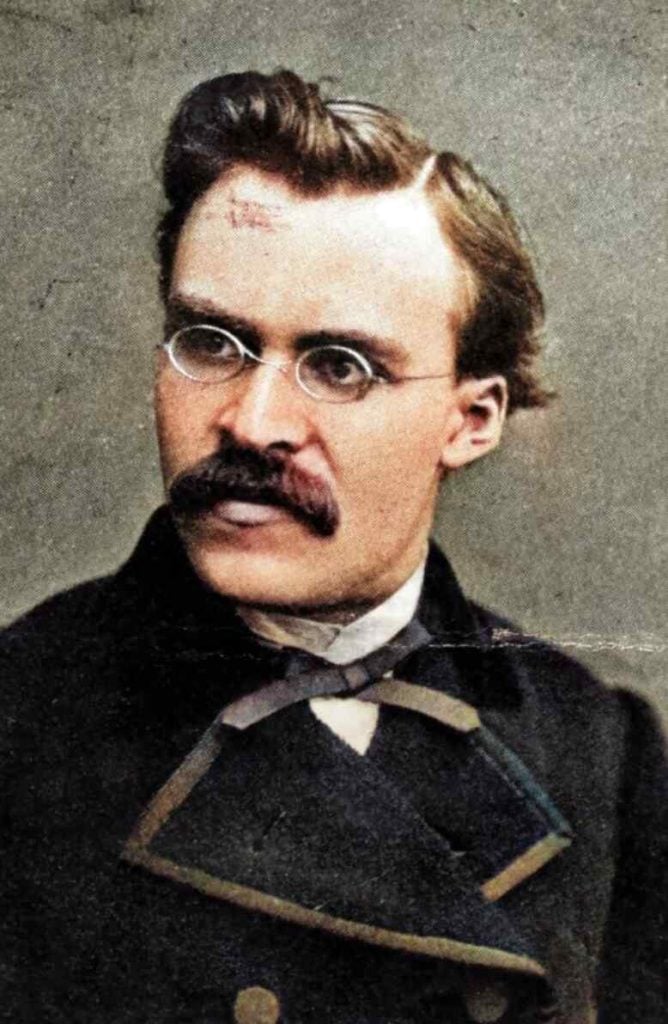Key Takeaways
- This article explores the ideas of three prominent philosophers (Immanuel Kant, Friedrich Nietzsche, and Albert Camus) on the meaning of life.
- Each philosopher offers a unique perspective, highlighting the complexity and subjectivity of this age-old question.
- We delve into Kant’s emphasis on reason and morality, Nietzsche’s focus on individual potential, and Camus’ acceptance of the absurd and the creation of our own meaning.
- By understanding these diverse viewpoints, we gain a richer perspective on our own purpose in life.
Table Of Content
Ever wondered about the meaning of life? This age-old question has puzzled philosophers for centuries. Let’s dive into the perspectives of three renowned thinkers: Immanuel Kant, Friedrich Nietzsche, and Albert Camus, each offering unique insights into this profound inquiry.
Immanuel Kant: The Father of Modern Ethics

Immanuel Kant, often dubbed the “father of modern ethics,” led a famously mundane life—so routine that neighbors set their watches by his daily walks! While Kant didn’t directly tackle the phrase “the meaning of life,” his philosophical framework profoundly influences the discussion.
Kant’s Categorical Imperative
Kant proposed the categorical imperative: “Act only according to that maxim whereby you can at the same time will that it should become a universal law.” In simpler terms, an action is morally acceptable only if everyone could act the same way without contradiction. For instance, lying becomes impossible if everyone lied.
Kant’s Perspective on Experience and Reason
In his Critique of Pure Reason, Kant explored how our understanding of the world is shaped by both intuition and concepts. He argued that our minds impose structures like cause and effect onto our experiences, suggesting that these frameworks are essential for comprehending reality.
Friedrich Nietzsche: Beyond Good and Evil

Friedrich Nietzsche, often misunderstood due to misinterpretations by his sister, Elisabeth Förster-Nietzsche, offered a radical departure from Kant’s rationalism.
Nietzsche’s Will to Power
Nietzsche rejected the idea of a universal “will to live” proposed by Schopenhauer, instead advocating for a “will to power.” According to Nietzsche, this drive is about affirming and actualizing one’s unique potential, transcending societal norms and conventions.
Psychological Insight and Self-Discovery
Nietzsche believed that true understanding comes through psychological introspection. By shedding external influences, individuals can uncover their authentic selves—a process essential for realizing personal meaning and purpose.
Albert Camus: Embracing the Absurd

Albert Camus, a leading figure in existentialist thought, grappled with the inherent absurdity of life.
Camus and the Absurd
Camus confronted the gap between humanity’s search for meaning and the indifferent universe, labeling this existential dilemma “the absurd.” He likened human existence to Sisyphus, condemned to futilely roll a boulder uphill for eternity—a metaphor for life’s inherent struggles.
Living with Absurdity
Camus proposed that by accepting life’s absurdity, individuals gain freedom. In his essay “The Myth of Sisyphus,” he famously wrote, “One must imagine Sisyphus happy.” This challenges us to find meaning not in predefined answers, but in the act of creating significance through our choices and actions.
Conclusion: Finding Meaning in the Journey
In exploring the perspectives of Kant, Nietzsche, and Camus, we encounter diverse approaches to the profound question of life’s meaning. Kant’s rational morality, Nietzsche’s individualistic pursuit of power, and Camus’s embrace of life’s absurdity—all offer valuable insights into shaping our own existential journeys.
By reflecting on these philosophies, we’re encouraged not to seek a definitive answer to life’s meaning, but to engage in a continuous exploration of our values, desires, and truths. In this quest, we may discover that the meaning of life lies not in a singular destination, but in the richness of our experiences along the way.
